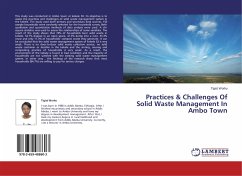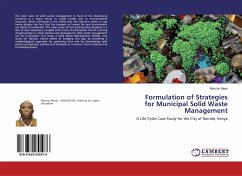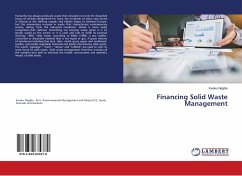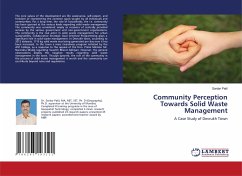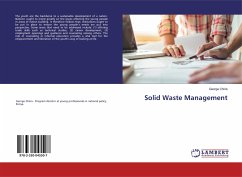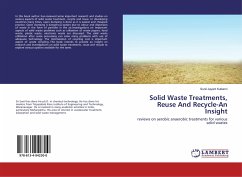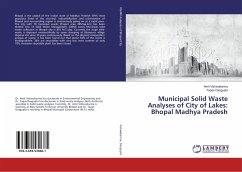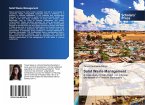This study was conducted in Ambo town at kebele 03. Its objective is to assess the practices and challenges of solid waste management system in the kebele. The study used both primary and secondary data sources. 150 sample households were randomly selected for the household survey. Both qualitative and quantitative methods of data analysis were used. A chi-square statistics was used to assess the relationships of some variables. The result of the study shows that 74% of households burn solid waste in kebele. 52.7% dispose in an open space, 41.3% dump into a river, 33.3% reuse and only 11.3% of households' compost waste they generate. It can be concluded that the solid waste management system of kebele 03 is very weak. There is no door-to-door solid waste collection service, no solid waste container or dustbin in the kebele and the sorting, reusing and composting practice of households is very weak. As a result, the environment of the kebele is found in bad condition and the majority of households are not satisfied with the existing solid waste management system. In other way , the findings of the research show that most households (84.7%) are willing to pay for service charges.
Bitte wählen Sie Ihr Anliegen aus.
Rechnungen
Retourenschein anfordern
Bestellstatus
Storno

